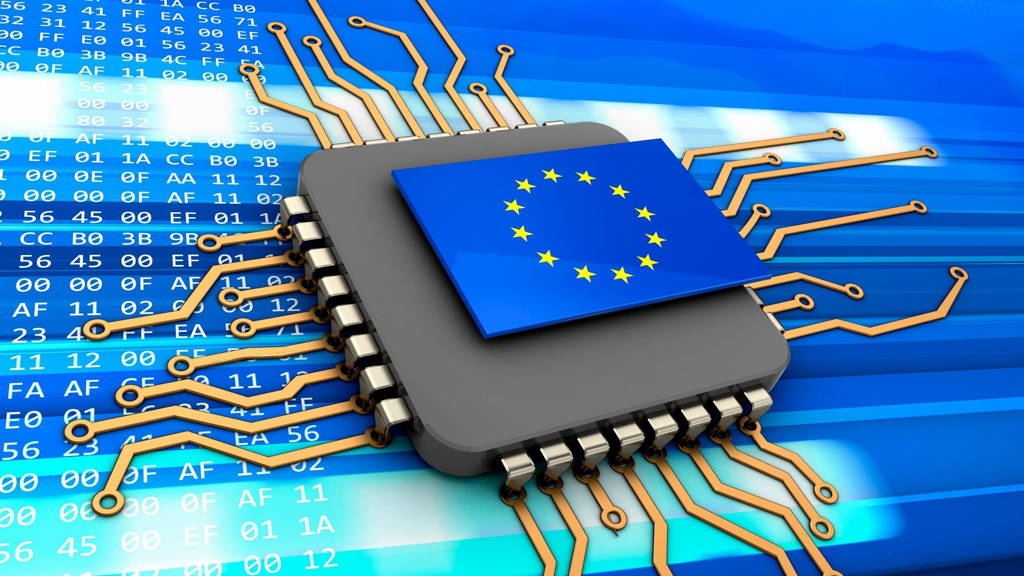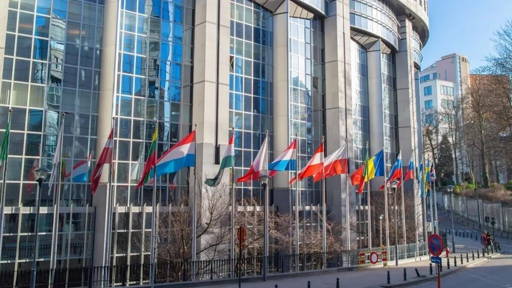Is it safe to rely on globalization in healthcare?
March 2020. The global outbreak of the coronavirus pandemic has increased the demand for medical equipment such as face masks and ventilators. As a result, shortages occur, and countries aggressively negotiate for continuity and increased supplies. Medicine shortages are also an issue, as lockdowns and the subsequent supply chain disruptions make it impossible to import them from factories located in countries under lockdown.
Autumn 2020. The increase in global demand for semiconductors has resulted in significant shortages. It was an issue prior to 2020 due to the growing number of electronic components used in cars – after all, an average modern auto mobile consists of some 1400–1500, even up to 3000 chips. The semiconductor factories shut down during the pandemic, the economic tensions between China and the USA, the February 2021 snowstorm in Texas and Austin resulting in production delays, and fires in Japanese factories – all these factors led to significantly diminished chip output. Likewise, car and medical device factories are also being shut down. It is now clear that chips are strategic assets to many industries.
November 2020. The European Commission has adopted the Pharmaceutical Strategy for Europe, including supply chain and production diversification policies. Likewise, in July 2021, the EC launched The Alliance on Processors and Semiconductor Technologies. The European Chips Act introduced by the EC in February 2022 intends to increase the European share of the global chip production to 20% by 2030.
Stability over prices
Strategic changes in the medical and semiconductor industries represent an epochal shift in policy. So far, the key priority has been to ensure low prices through cheap, outsourced labour. This priority is now being replaced by a focus on secure, consistent deliveries on the one hand and manufacturing independence on the other. The global market works fine within a stable economic and political context. However, when it comes to goods and services critical to economics, security comes first.
Supply chains can be disrupted by several factors: the political situation, climate disasters, social unrest, epidemiological threats, wars. Many of them we have experienced for the first time during the past two years. And since February 24th, when Russia invaded Ukraine, no one doubt that the long-postponed transition away from fossil fuels – critical for environmental reasons and the need to end dependence on external suppliers – must be accelerated. But this is not just about risky but accepted for years Europe's reliance on Russian gas or oil. It's about gaining self-sufficiency in strategically important industries.
It's not surprising that many countries and the entire EU are now recalibrating their viewpoints also in healthcare. Securing medicines or semiconductors supplies are on the top of the challenge.
Nord Stream 2 for data is already in operation
Politics is much slower than technology – decisions taken due to digital trends usually bear fruit only after several years. Europe finds itself in such a situation today. It was late to realize that a digital, innovative economy would be a foundation of geopolitical power in the decades to come.
Artificial intelligence is an example. AI-based solutions are rapidly becoming the driving force of every industry. In healthcare, AI should help hospitals automate patient care, diagnose diseases early, individualize care, support health and active ageing, and accelerate research into new medicines, vaccines and therapies, including digital therapeutics.
There are two leaders of the AI revolution right now: the US and China. The total private US investment in AI in 2020 was 24 billion USD. By comparison, in China, it was 10 billion USD. Europe itself has invested a mere 2 billion USD. Finally, overall investment in other countries worldwide came to only 6.6 billion USD. Uneven regional investment in AI – and digitalization in general – can lead to several problems over the long term.
Leaders on the global stage will soon be leaders with a technological edge
Firstly, lack of access to local data essential for companies developing AI in healthcare. For example, developing AI-based algorithms by applying data from cohorts from other regions – that do not represent the local population well – can lead to bias. The problem of data deficiencies in Europe for research and policy development purposes is to be solved by European Health Data Spaces, a priority project of the European Commission. This is the first such decisive EU-wide step, apart from the digital single market, to accelerate innovation in Europe.
Secondly, Europe doesn't want to go either the US or the China way when it comes to technology. Instead, the EU seeks to follow its path based on European democratic values, far away from the American private-driven model and the Chinese authoritarian approach. And it means a strong tendency towards "tech made and scaled-up in Europe by European companies."
Thirdly, technological sovereignty is equal today to political independence. During the conference organized in February 2022 under the French Presidency of the Council of the European Union, "Building Europe's Digital Sovereignty," Minister for Economic Affairs and Climate Action, Bruno Le Maire, talked about innovation's strategic nature. "Today, sovereignty means technological sovereignty. There is no political sovereignty without technological sovereignty," said Le Maire. For example, although a country can be politically sovereign, it can still be dependent on another power when a 5G network – strategic infrastructure – is operated by a foreign power. "If the autonomous vehicles are controlled by software that you do not control, you are also not sovereign."
This is just the beginning of a new narrative that has become increasingly noticeable over the past few years. The war in Ukraine sheds new light on the geopolitical aspect of innovation. Do you remember, for example, the controversy over the roll-out of 5G networks in EU countries by China's Huawei? There were concerns about the possibility of spying on citizens by the Chinese government or the loss of control over strategic infrastructure for the economy. As we can see, technologies are also about values – therefore, globalization in the digital world has its limitations. Now Europe has to find its place between protectionism and free flow of data and technology.






